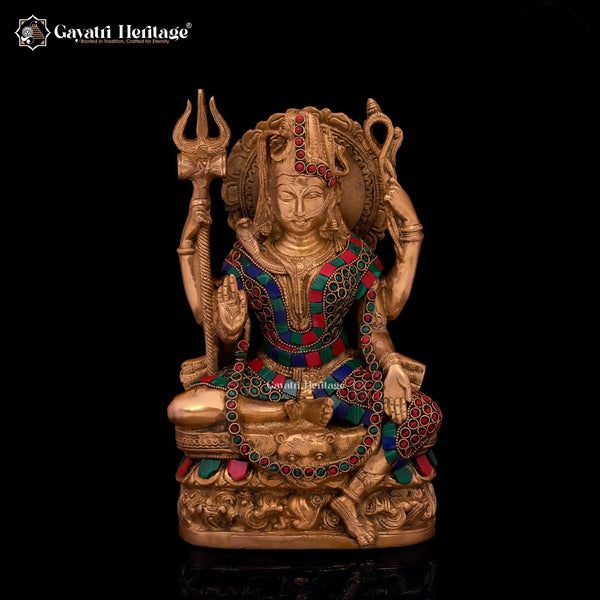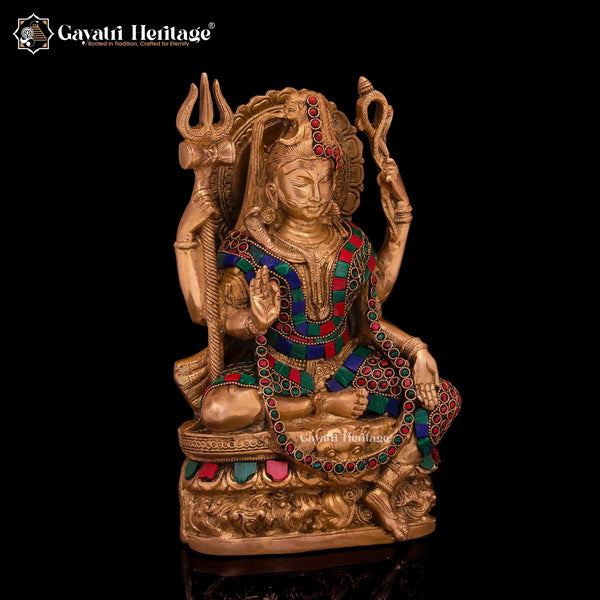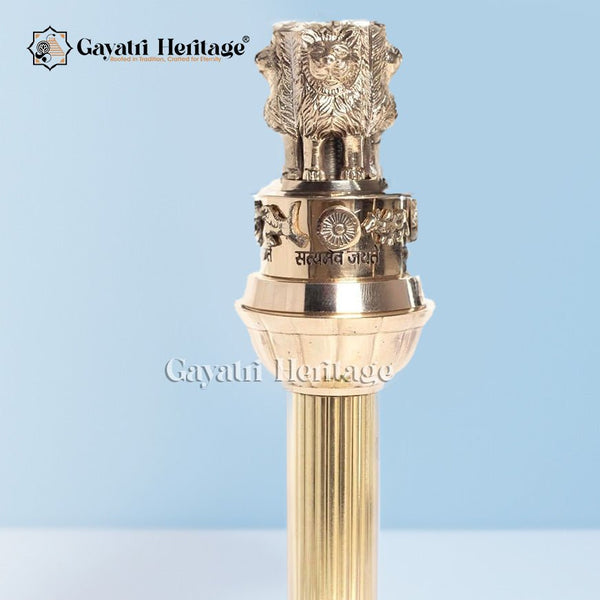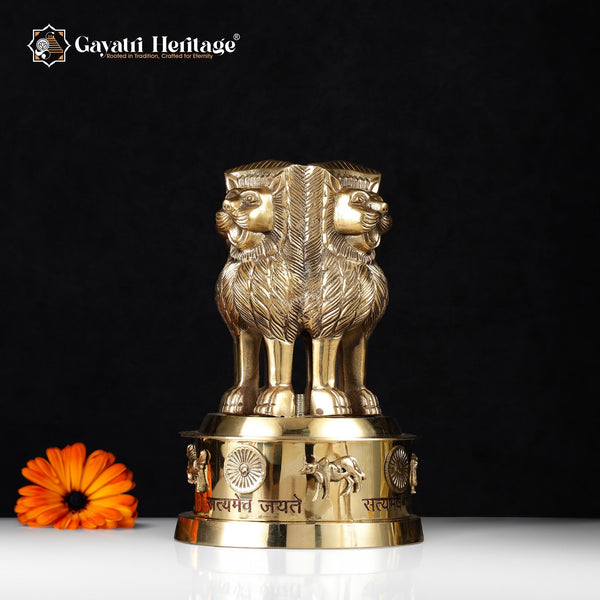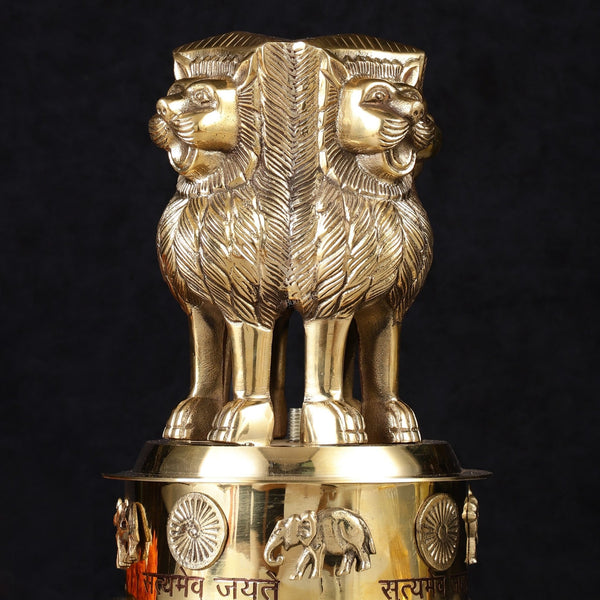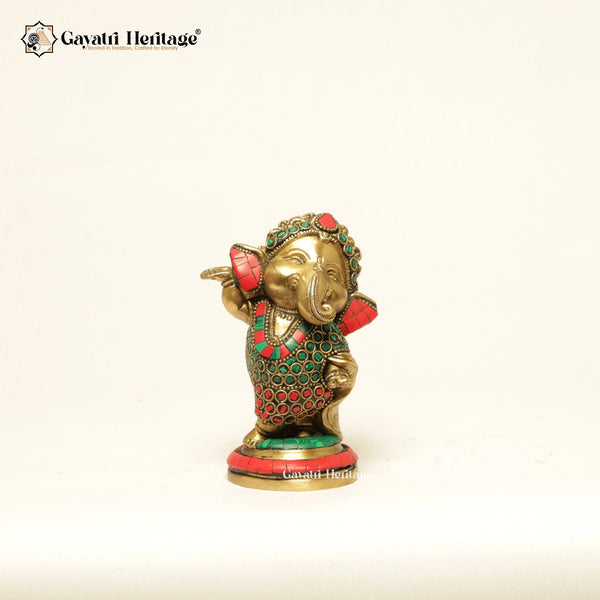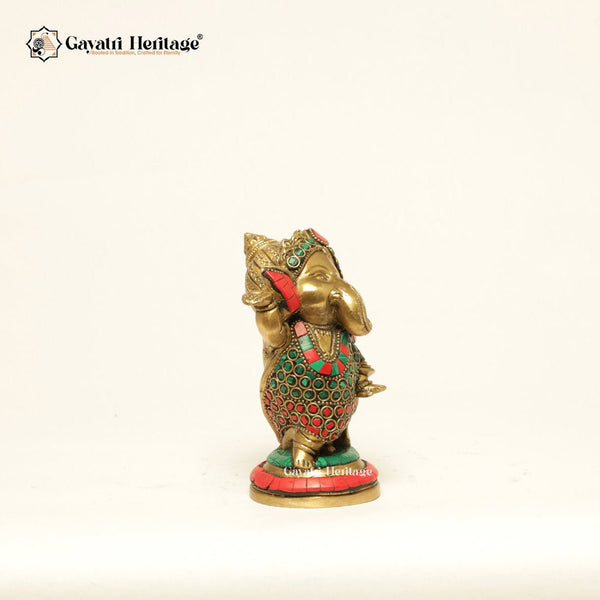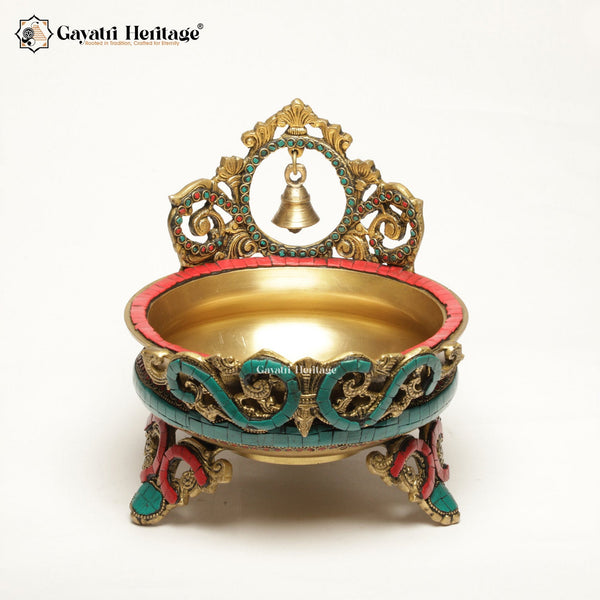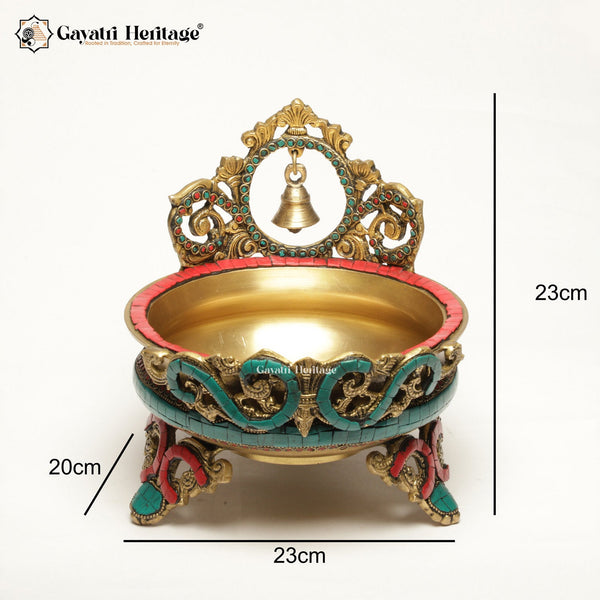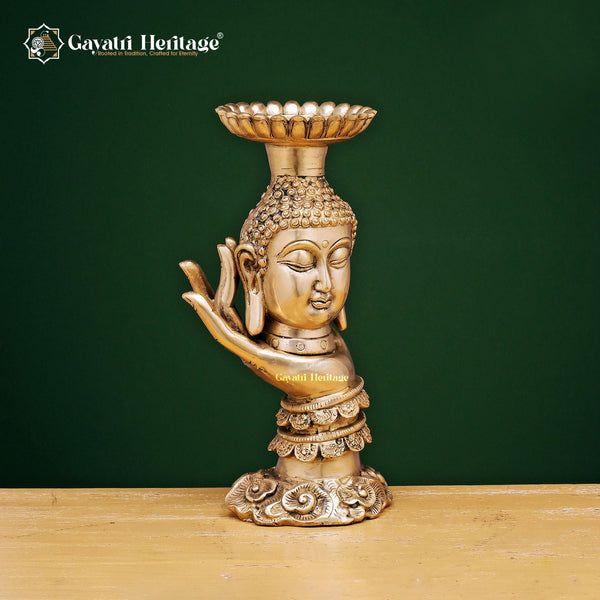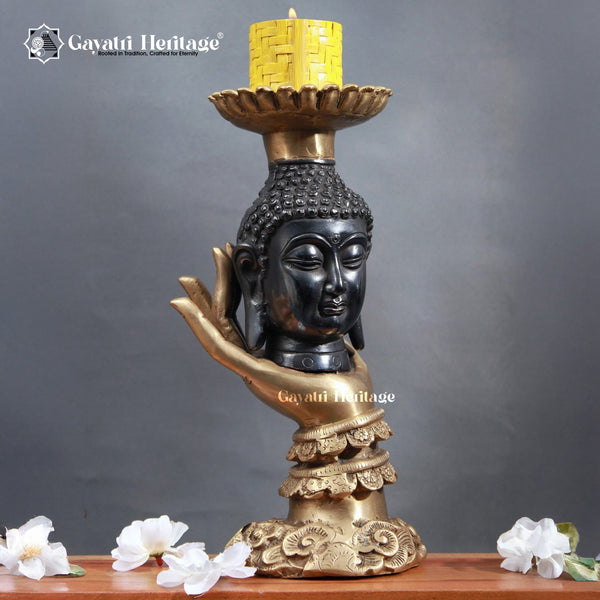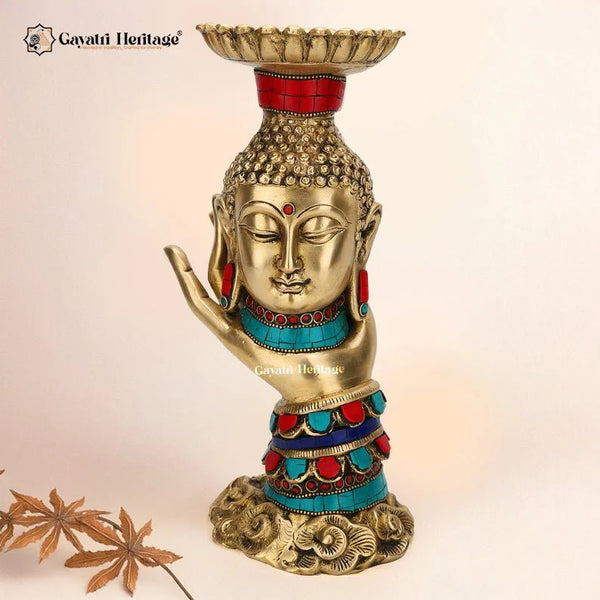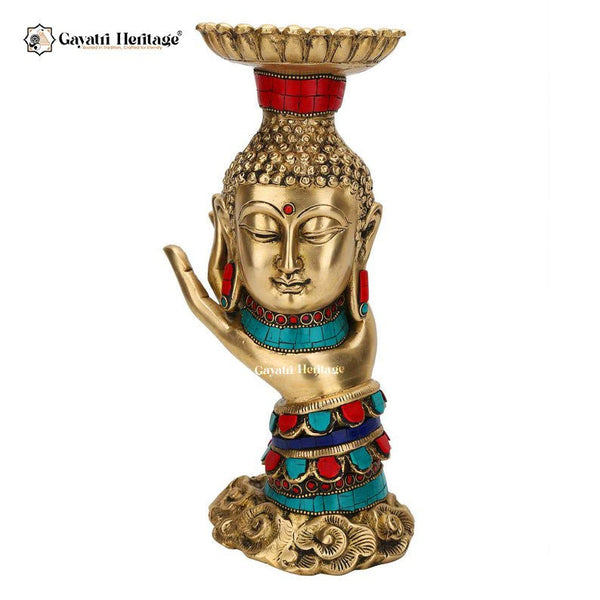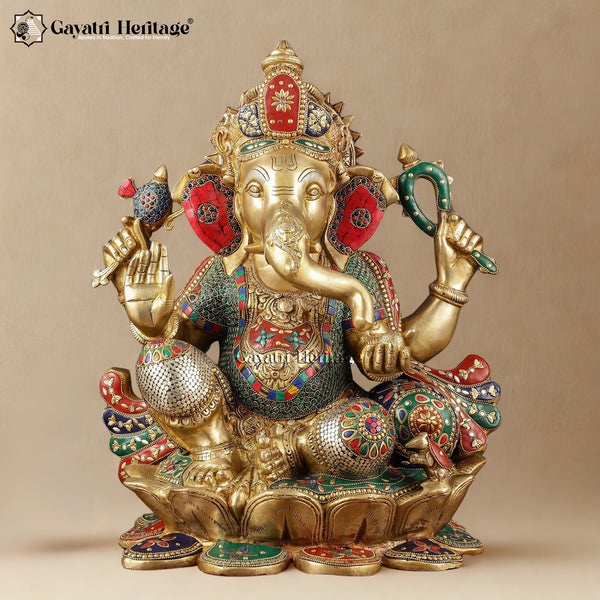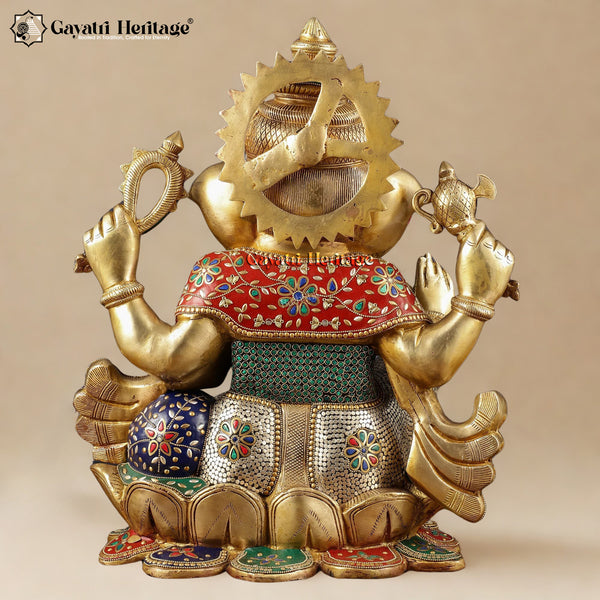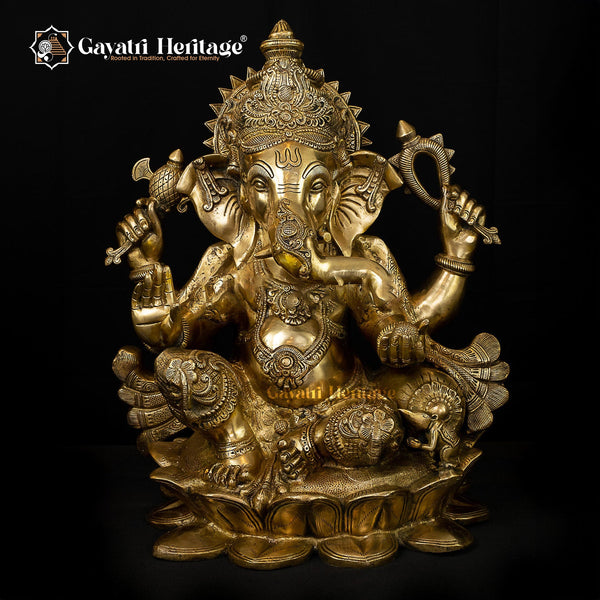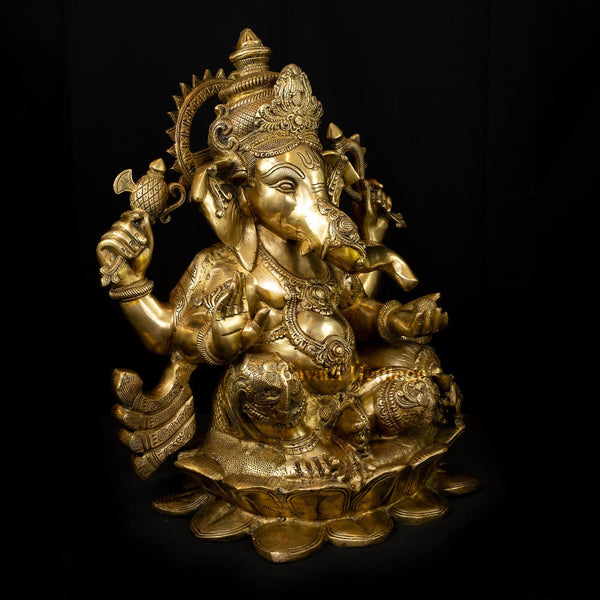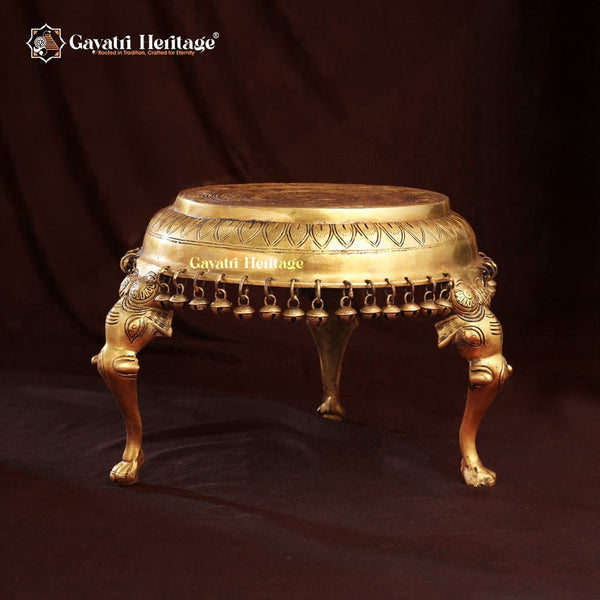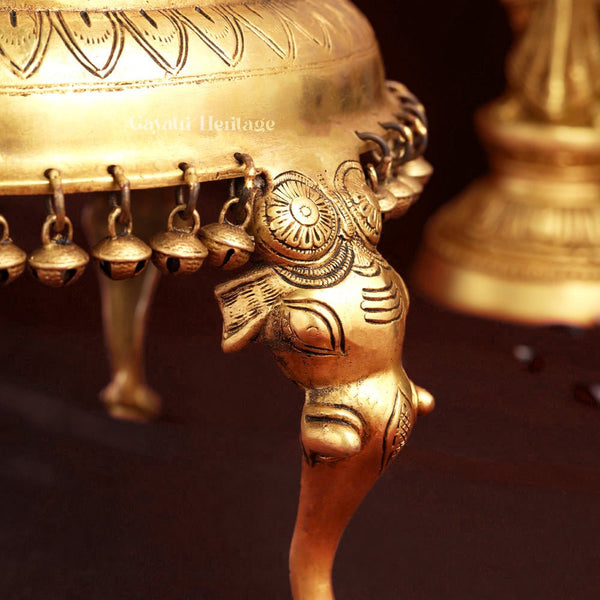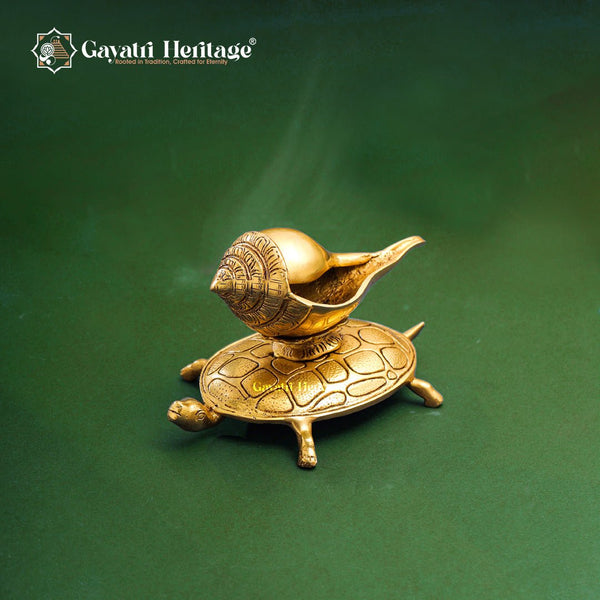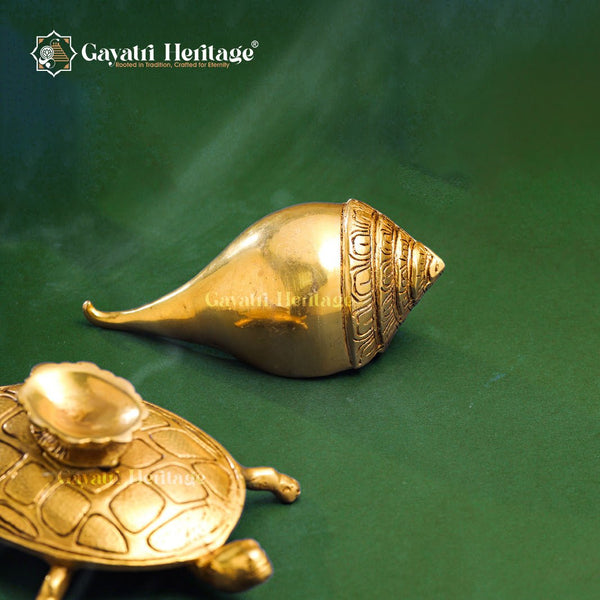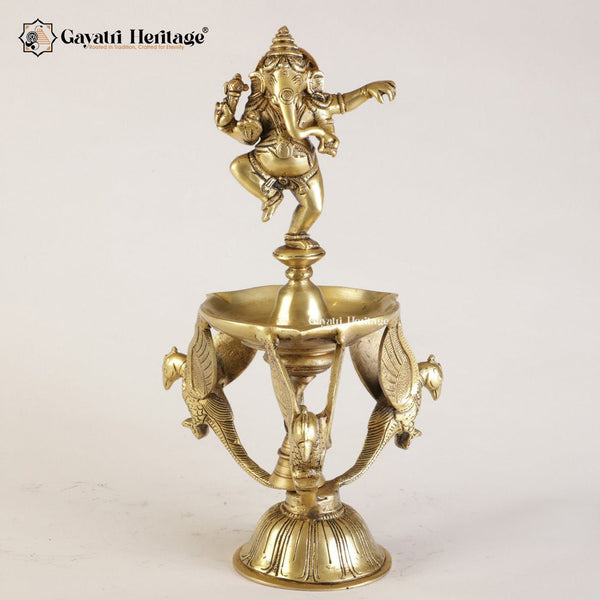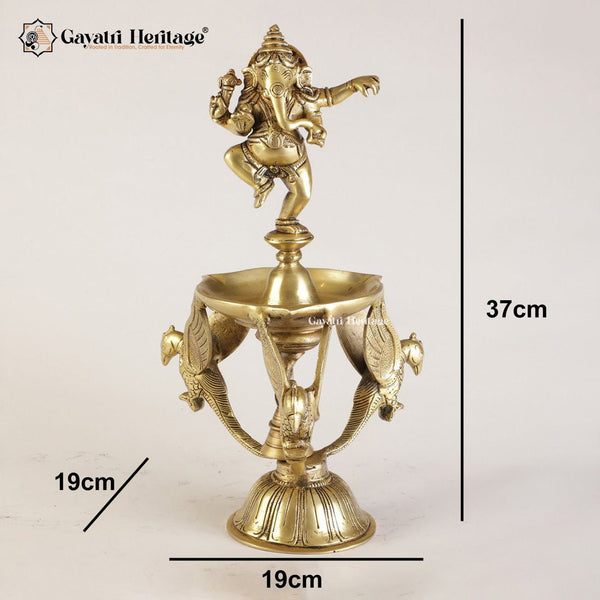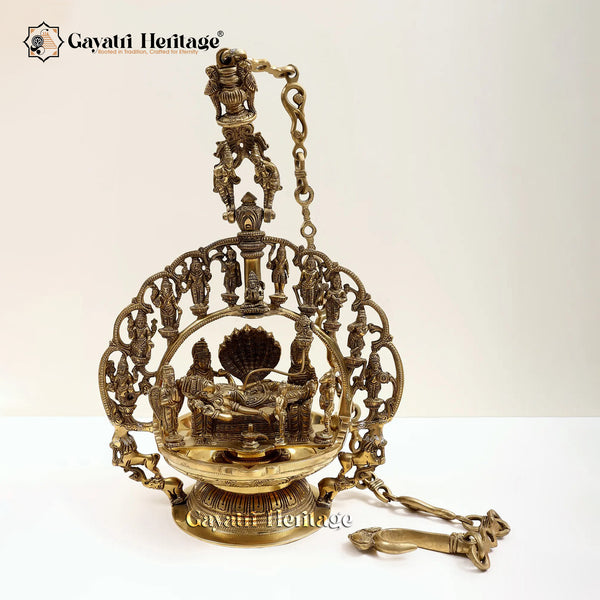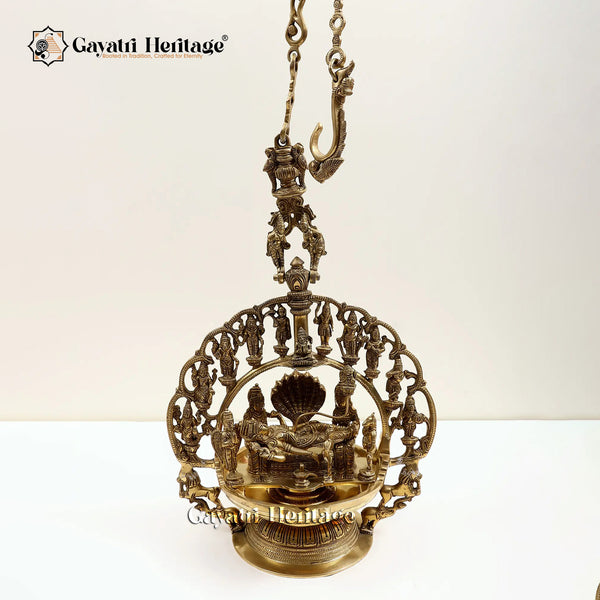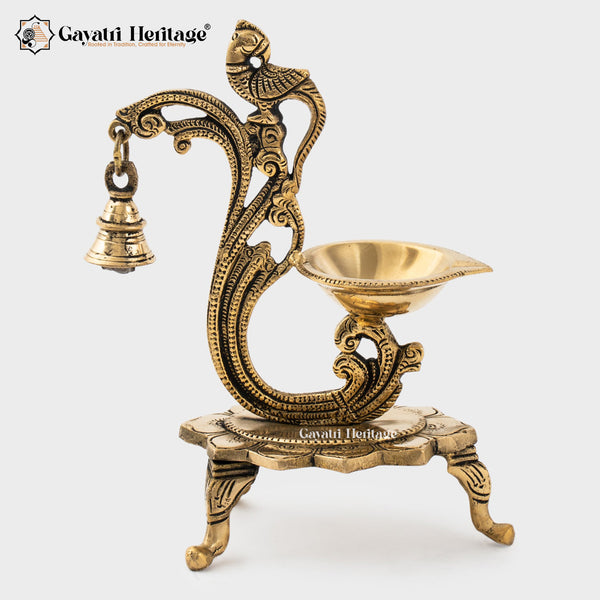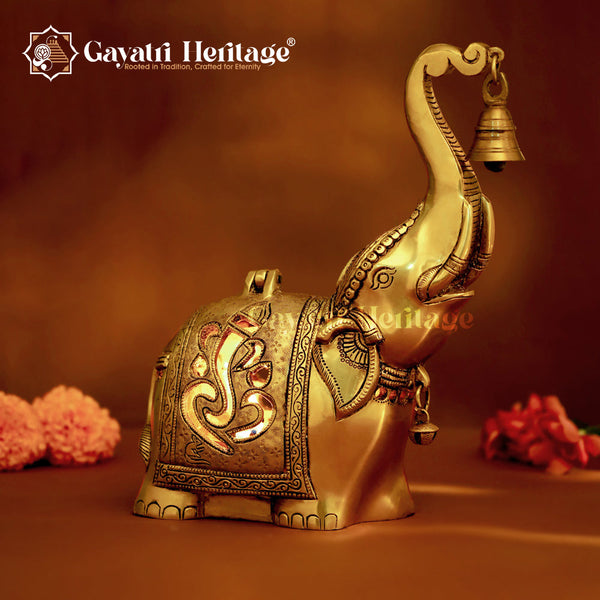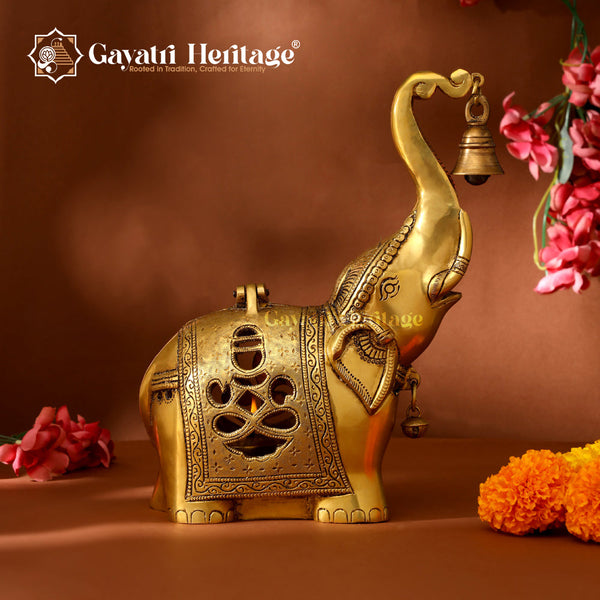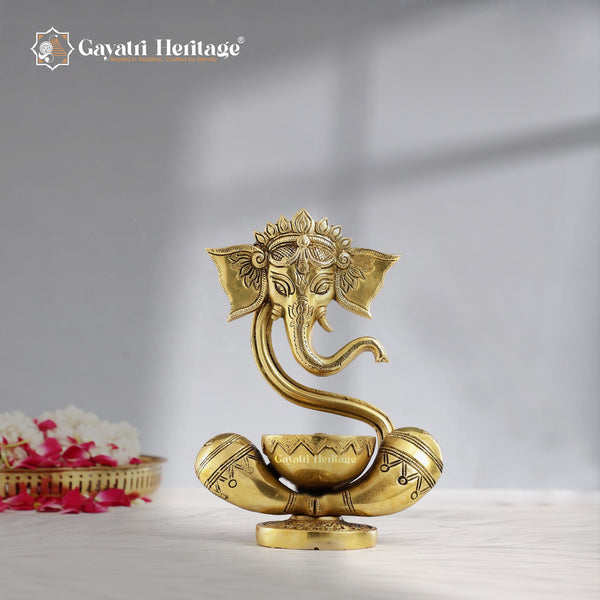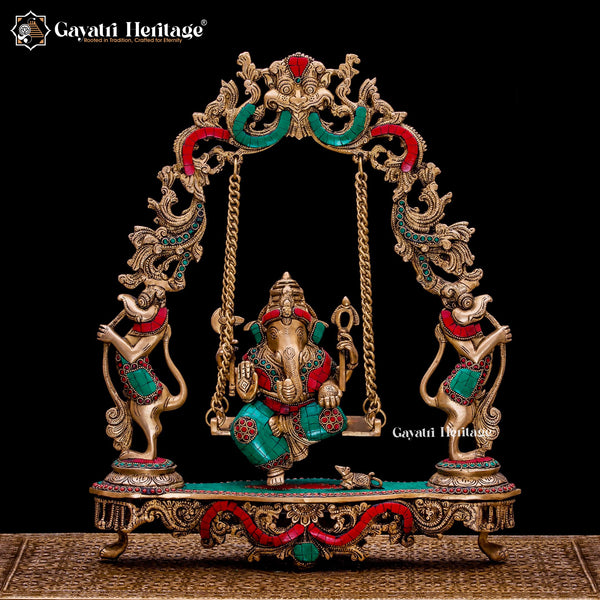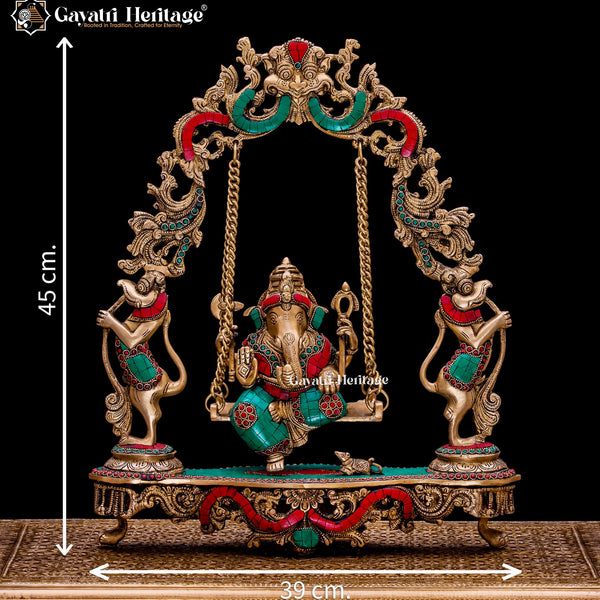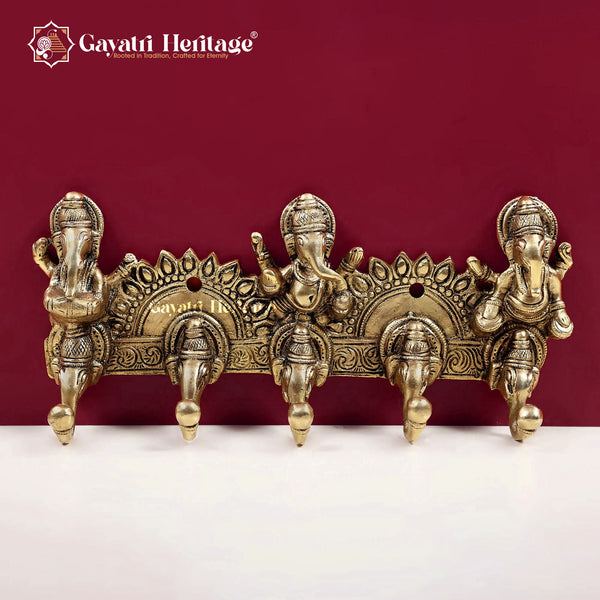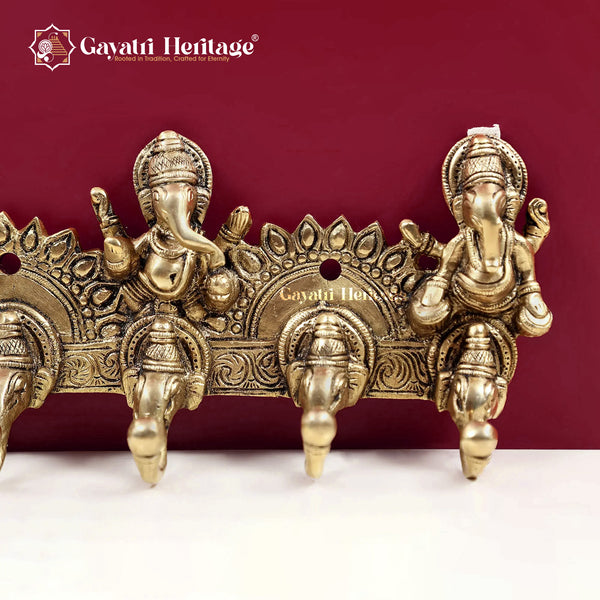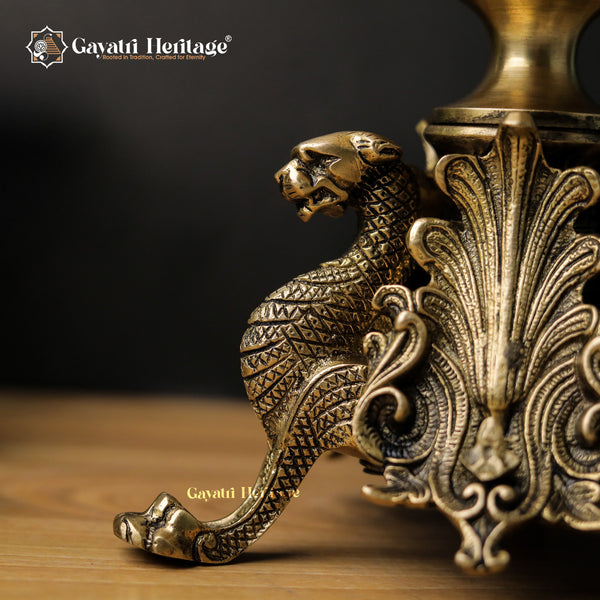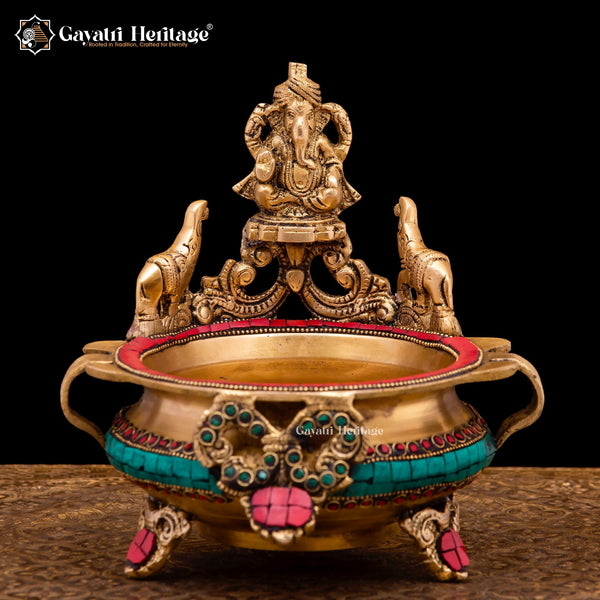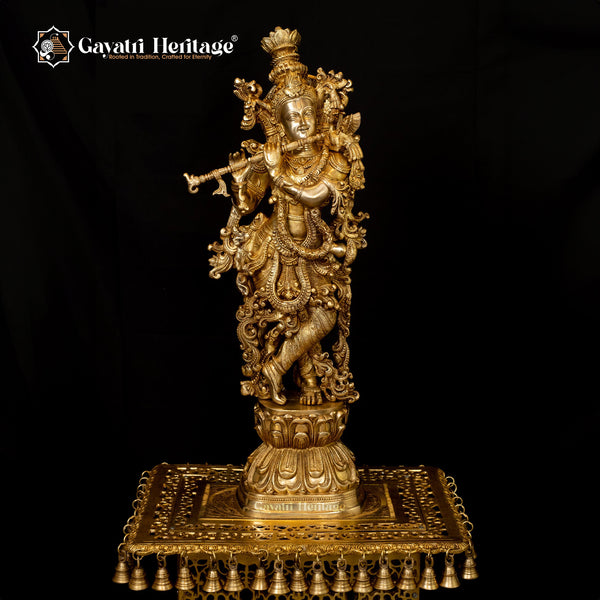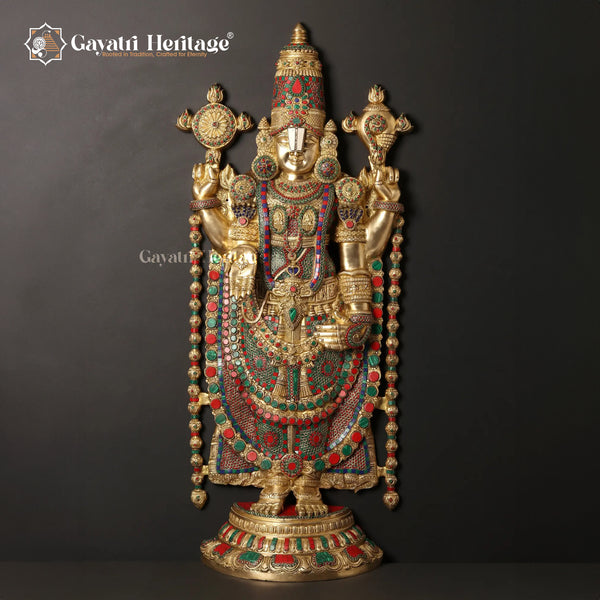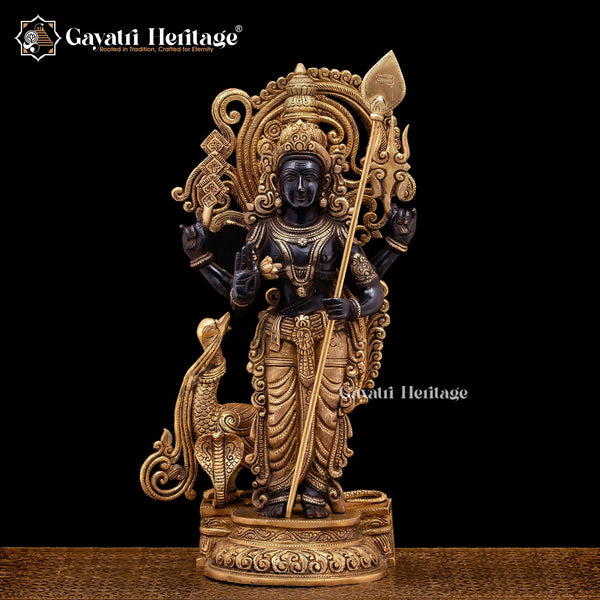In Hindu mythology, Kuber (Kubera) is revered as the Lord of Wealth, the King of Yakshas, and the Guardian of the North (Dikpala). He is often associated with prosperity, material riches, and divine blessings. Despite his role as the god of wealth, Kuber is not considered a deity of greed but rather a custodian of wealth who ensures its rightful distribution. One of the most fascinating aspects of Kuber is his deep connection with Lord Shiva, which holds great significance in Hindu traditions.
Who is Kuber?
Kuber is a celestial being, often depicted as a short, stout deity with a potbelly, carrying a money bag, a mace, and sometimes a fruit. He is believed to reside in Alakapuri, a mythical city of immense wealth located in the Himalayas. Kuber is considered the treasurer of the gods and plays a crucial role in maintaining the balance of wealth in the universe.
Legends of Kuber
Several Hindu scriptures, including the Ramayana, Mahabharata, and Puranas, mention Kuber and his journey from being a devotee of Lord Shiva to becoming the god of wealth. Here are some key legends:
1. Kuber’s Devotion to Lord Shiva
According to Hindu mythology, Kuber was once a great devotee of Lord Shiva. He performed intense penance to seek blessings from Mahadev. Pleased with his devotion, Shiva granted him the boon of immense wealth and made him the Lord of Yakshas, mystical beings known for their association with prosperity and nature. It is also believed that Kuber received the title of Dikpala (Guardian of the North) from Lord Shiva, assigning him the responsibility of protecting the northern direction.
2. Kuber and Ravana – The Lost Kingdom
Kuber was originally the ruler of Lanka, the golden kingdom built by Lord Vishwakarma. However, his half-brother Ravana, a great devotee of Shiva, forcefully seized Lanka from him. As a result, Kuber had to retreat to Alakapuri, his new celestial abode in the Himalayas. Despite losing Lanka, he remained the treasurer of the gods and continued to uphold his duties.
3. Kuber and Goddess Lakshmi
While Goddess Lakshmi is considered the ultimate goddess of wealth, Kuber is her treasurer. Hindu traditions emphasize that true wealth comes when Lakshmi (prosperity) and Kuber (proper management of wealth) work together. This is why devotees worship both Lakshmi and Kuber, especially during Diwali, seeking financial stability and success.
Kuber’s Connection with Lord Shiva
Kuber’s relationship with Lord Shiva is profound and sacred. Here’s how they are connected:
1. Kuber as a Devotee of Shiva
Kuber’s intense penance and unwavering devotion to Lord Shiva resulted in divine blessings. Shiva not only granted him the status of a divine treasurer but also entrusted him with the responsibility of distributing wealth justly.
2. The Story of Kuber’s Feast and Lord Ganesha
One of the most famous stories related to Kuber involves Lord Ganesha. Kuber, in his pride, once invited Lord Shiva and Parvati for a grand feast to showcase his wealth. However, they sent Lord Ganesha instead. Ganesha, known for his enormous appetite, consumed everything Kuber had to offer and was still unsatisfied. Terrified, Kuber sought forgiveness from Lord Shiva, who advised him to serve food with humility and devotion rather than pride.
3. Kuber Worship at Shiva Temples
Many Shiva temples have dedicated shrines or idols of Kuber, symbolizing their connection. Devotees often worship Kuber alongside Shiva to seek blessings for financial stability and protection from mismanagement of wealth.
The Role of Kuber in Hindu Worship
Kuber is widely worshipped by traders, businessmen, and devotees seeking financial prosperity. Some important aspects of Kuber worship include:
-
Diwali and Dhanteras Puja: Many people perform Kuber puja along with Lakshmi puja during Diwali to attract wealth and success.
-
Kuber Yantra: Devotees keep a sacred geometric diagram (yantra) of Kuber in their homes and offices to enhance prosperity.
-
Thursday and Full Moon Prayers: Offering prayers to Kuber on Thursdays and Purnima (Full Moon days) is considered highly auspicious.
-
Mantras for Kuber: Reciting the following mantra is believed to attract wealth: “Om Yakshaya Kuberaya Vaishravanaya Dhana-Dhanyadi Pataye Dhana-Dhanyasamriddhim Me Dehi Dapaya Swaha”
Conclusion
Kuber, the divine treasurer, plays a crucial role in Hindu mythology by ensuring fair distribution of wealth. His deep connection with Lord Shiva teaches us humility, devotion, and the responsible use of financial resources. Worshipping Kuber with sincerity and understanding his association with Shiva can bring prosperity, balance, and wisdom in managing wealth.
Whether in mythology or real life, the lessons from Kuber’s story remind us that true wealth is not just about accumulation but also about rightful distribution and humility. By seeking the blessings of Lord Shiva and Kuber, one can attain both spiritual and material abundance.





